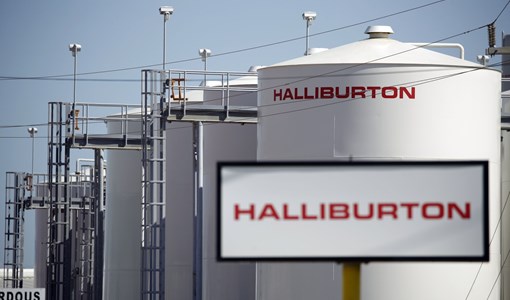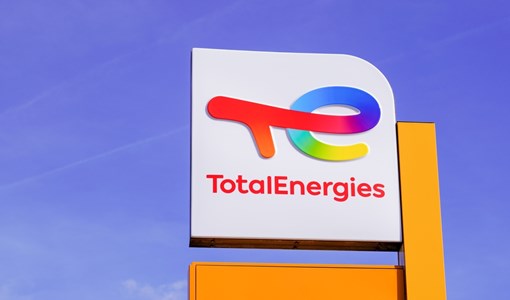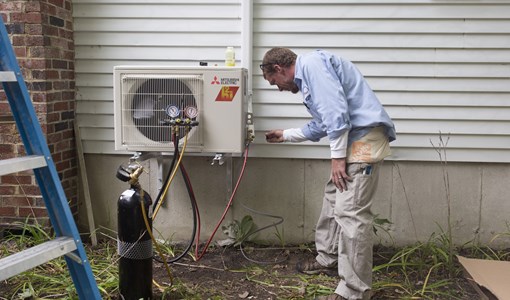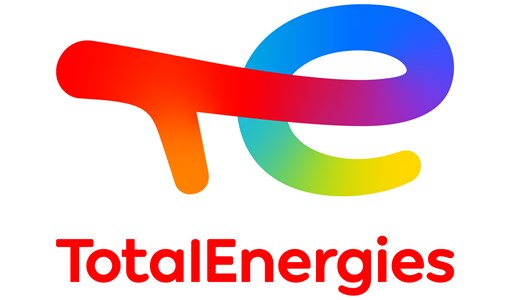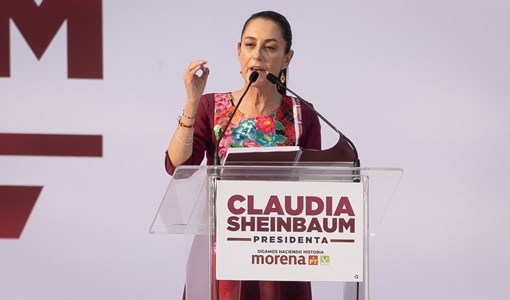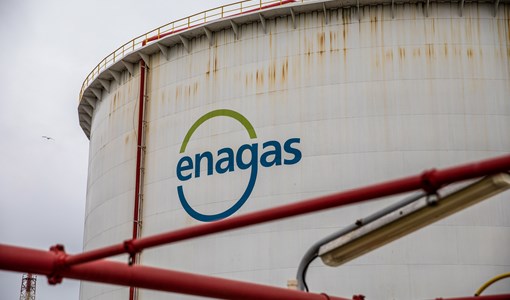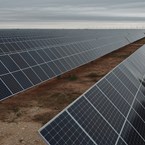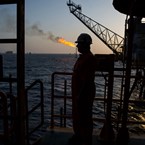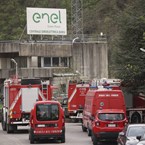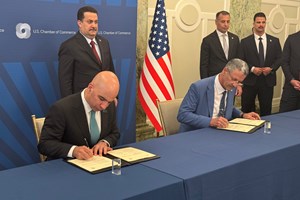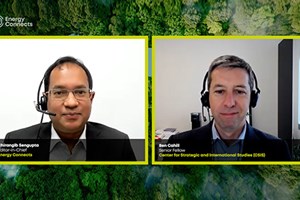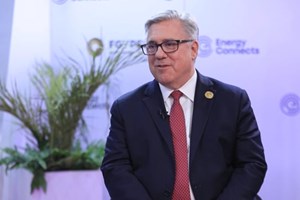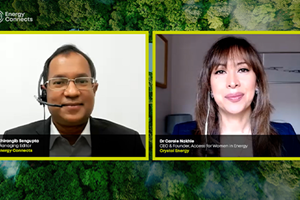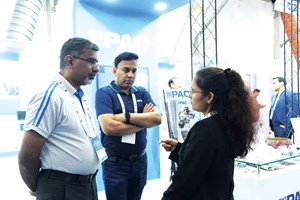Total strengthens its commitment with the OGMP 2.0 initiative
Total, partner to the initiative since 2014, has joined the second phase of the Oil & Gas Methane Partnership (OGMP 2.0) of the United Nations Environment Programme.
The programme brings together industrial companies, governments and NGOs to better monitor and report methane emissions in order to reduce them. This second phase of the partnership aims at defining a broader and more ambitious methane-reporting framework, extended to the entire gas value chain and to non-operated assets.
"As one of the world leaders in the natural gas value chain, Total is committed to reducing methane emissions to ensure that natural gas continues to play its key role in the energy transition; this new partnership will foster the sharing of industry best practices, especially on non-operated assets, and improve monitoring," said Patrick Pouyanné, Chairman & CEO of Total. "Our performance is amongst the industry’s best as we have already cut methane emissions by 45 per cent since 2010. And in order to progress further on monitoring, Total invests in cutting-edge R&D programs to support the development of future detection and measurement technologies".
Total’s methane emissions stood at 68 kilotons in 2019, representing an emission intensity of around 0.2 per cent of the commercial gas produced on operated upstream oil and gas facilities. The Group's objective is to reduce that intensity below 0,2 per cent, and notably to reduce it further for the gas assets to below 0.1% of the commercial gas produced.
To control those emissions, Total addresses the various sources of methane – mainly flaring, venting and fugitive emissions – and follows strict design standards to ensure near-zero emissions for its new projects. Total is committed to zero routine flaring by 2030 and has reduced this type of flaring by 80 per cent since 2010.
The Group has an extensive research program to develop emission measurement technologies – with fixed camera, drones or satellites – and has established, in the south of France, a specific dedicated testing site for such technologies (TADI – Total Anomaly Detection Initiatives).
KEEPING THE ENERGY INDUSTRY CONNECTED
Subscribe to our newsletter and get the best of Energy Connects directly to your inbox each week.
By subscribing, you agree to the processing of your personal data by dmg events as described in the Privacy Policy.
More gas & LNG news

Southwest Gas Unit Gets $314.8 Million From IPO, Icahn Deal
Apr 17, 2024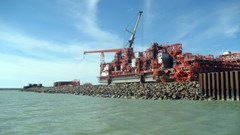
Kazakhstan’s Compensation Claims Against Kashagan Oil Firms Jump to $150 billion
Apr 17, 2024
Oman LNG and Shell agree 10-year supply deal amid transition-led demand growth
Apr 17, 2024
Power Demand Surge Is Complicating Carbon Goals, Duke CEO Says
Apr 16, 2024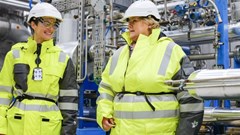
Equinor strengthens its gas position with a swap of onshore assets in the US
Apr 16, 2024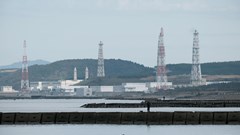
Tepco Flagship Nuclear Plant to Load First Fuel Since Fukushima
Apr 15, 2024
GE Vernova’s technology to help LG&E and KU further diversify sustainable energy portfolio
Apr 15, 2024
Biden Plans Sweeping Effort to Block Arctic Oil Drilling
Apr 12, 2024
LNG Importer New Fortress Energy Cuts London Trading Staff
Apr 11, 2024
Exxon CEO Pay Climbed 2.8% to $36.9 Million Last Year on Pension
Apr 11, 2024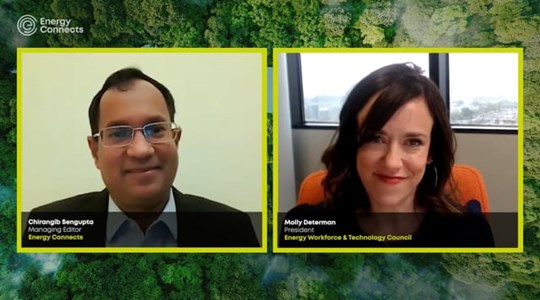
Energy Workforce helps bridge the gender gap in the industry
Mar 08, 2024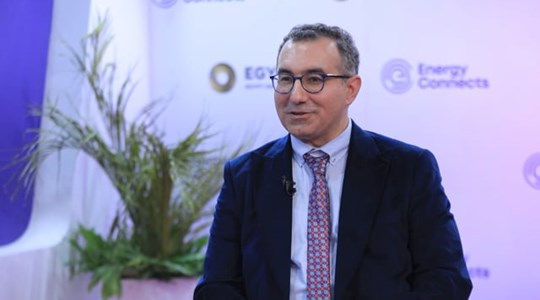
EGYPES Climatech champion on a mission to combat climate change
Mar 04, 2024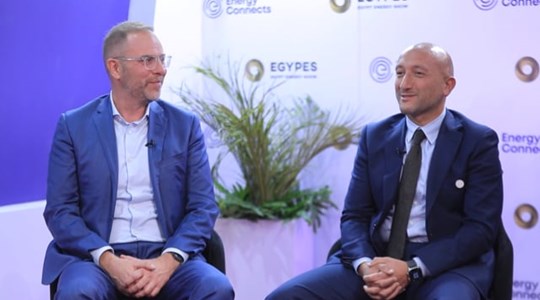
Fertiglobe’s sustainability journey
Feb 29, 2024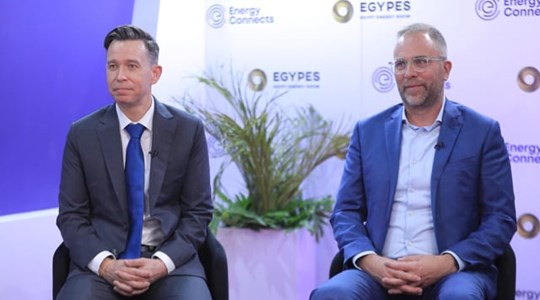
P&O Maritime Logistics pushing for greater decarbonisation
Feb 27, 2024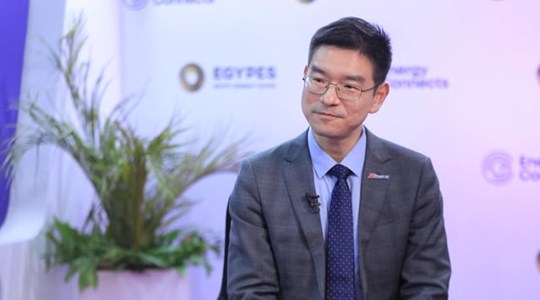
Neway sees strong growth in Africa
Feb 27, 2024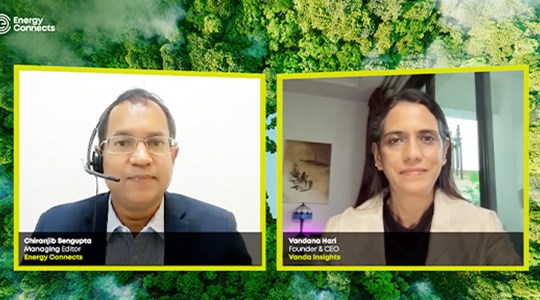
India’s energy sector presents lucrative opportunities for global companies
Jan 31, 2024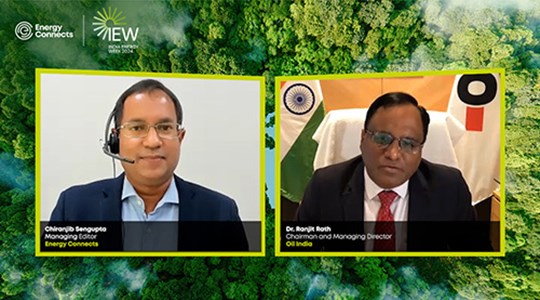
Oil India charts the course to ambitious energy growth
Jan 25, 2024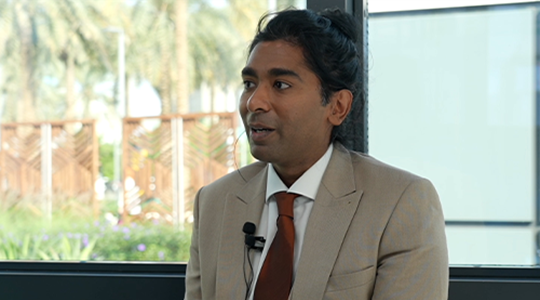
Maritime sector is stepping up to the challenges of decarbonisation
Jan 08, 2024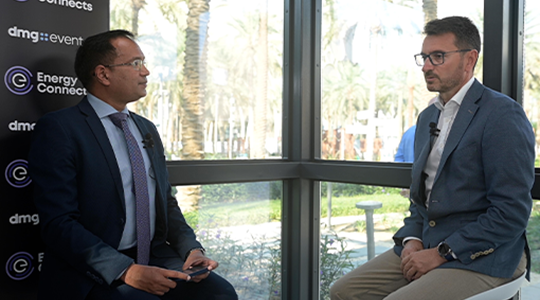
COP28: turning transition challenges into clean energy opportunities
Dec 08, 2023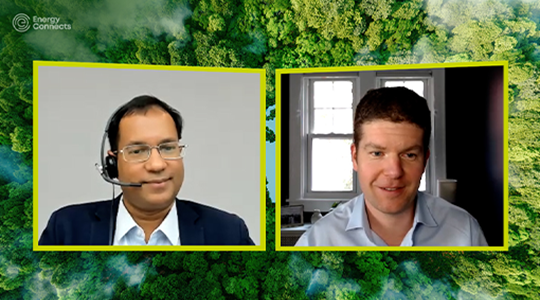
Why 2030 is a pivotal year in the race to net zero
Oct 26, 2023Partner content

Ebara Elliott Energy offers a range of products for a sustainable energy economy
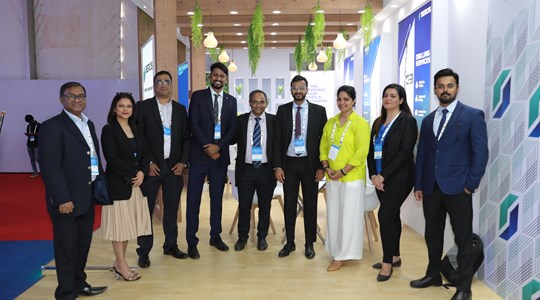
Essar outlines how its CBM contribution is bolstering for India’s energy landscape
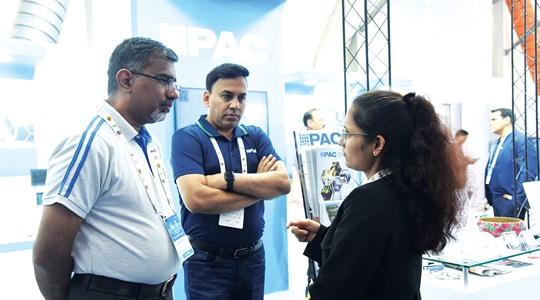
Positioning petrochemicals market in the emerging circular economy

Navigating markets and creating significant regional opportunities with Spectrum



